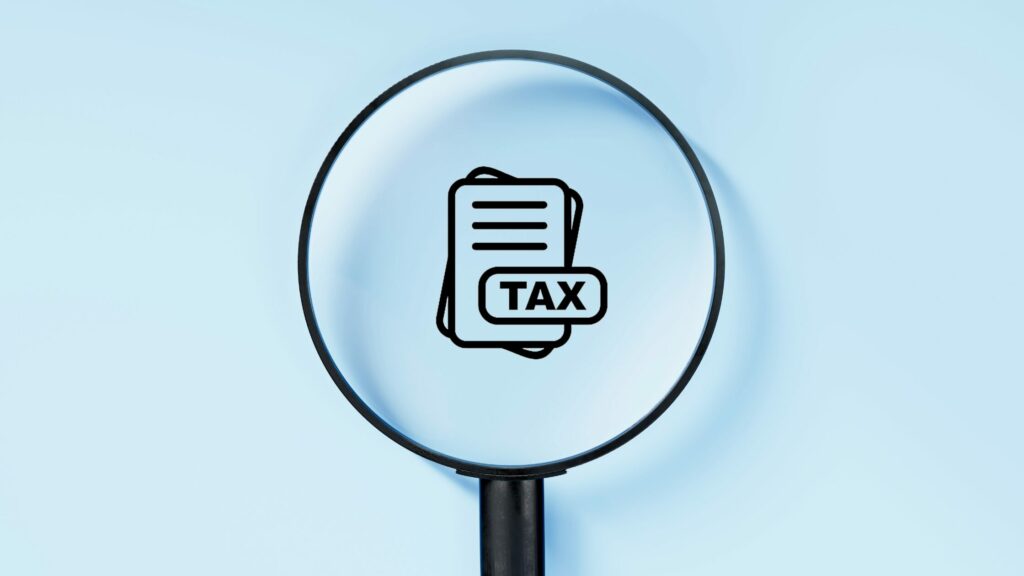Checked & unbalanced
10th December, 2021 I’m often educated by my law trained business partner as to…

Tax disputes arising from differences in interpretation of the law arise all the time. They more frequently appear in the affairs of those who have activity outside the PAYE system. However even then there can be differing views as to the correct tax treatment.
It used to be the case that HMRC, in their drive to arrive at the “correct tax and the right time”, would be flexible to a degree. Unfortunately a number of well publicised “special deals” with some taxpayers, agreed at high levels in HMRC without perhaps sufficient regard to consistency or fairness, produced a different approach. Now we see HMRC’s self confessed role as being to “maximise tax revenue” and in practice, this means that they will often take a position which has tenuous attachment to the law. Nonetheless, internal targets and dogma insist that officers hold the line on these issues. Why? Because they know that many taxpayers will not wish the expense or stress of a litigation. This is an ablative approach to agreeing a tax position and arguably HMRC abusing its superior resources (if not it’s knowledge of tax law).
This change has made agreeing tax disputes much more difficult. Even a well founded counter argument to HMRC’s position, backed by the best advisers, will fail to find purchase with line officers and penetrating the “system” beyond that line is very difficult.
Firstly, get advice. Preferably from more than one source. Sometimes this is difficult in areas which are specialist (contractor tax issues for example) or which have been subject to a long running HMRC campaign. Generally however any competent tax adviser will be able to derive the key aspects of any dispute quickly and give a view that will either accord with or differ from that received from the primary adviser.
Secondly, check the facts and the numbers. Then check them again. Many arguments fall apart because of inconsistent or incorrect arithmetic.
Thirdly, make a judgement as to whether the tax at stake is worth the costs of litigation. The legal/advisory costs can be pretty well guessed or quoted for and therefore known. The cost to your mental and physical health over what will inevitably be a long period (average time from initial enquiry to Tribunal hearing could be more than five years) is a calculation that only you can do. Some clients we have found thrive on the challenge and embrace the complexities. Others are happy to be guided and are in touch only occasionally. And some clients we advise NOT to go down this route as they will be unable to cope.
Fourthly, if you have navigated the above, be realistic. Disputes can take a long time, more so now because of HMRC intransigence and can go in unexpected directions. Changes in law and practice can arise which will make a difference. HMRC line officers change at regular intervals delaying resolution. Be patient and be flexible.
What will not happen without some form of interaction with HMRC is for the matter to “go away”. Do not rely upon a stiff letter to an MP or some other assumed arbiter. HMRC will respect only HM Treasury (who mutually support HMRC in everything) and a Tribunal.
Most tax advisers (certainly us) will give you a practical view as to whether a case will be won or lost, early in the process. I would hope that no adviser would give you a very positive view of success if they think the opposite. I would also observe that “hope” is often misplaced and some advisers will very much keep the plates spinning (and the fees arriving) rather than admit to the realities of the case.
 Article
Article
10th December, 2021 I’m often educated by my law trained business partner as to…
 Article
Article
2nd July, 2021 Crypto Tax- What can we learn from the US? Introduction The…
 Article
Article
Making Tax Digital (MTD): What It Means for Small Businesses and the Self-Employed If…
 Article
Article
As the end of the tax year approaches, many individuals and business owners begin…
 Article
Article
UK Recruiters Expanding to the US Over the past few years, a noticeable shift…
We’d love to hear from you!
Whether you simply have a quick question, or were seeking a more formal conversation to discuss your tax needs, drop your details here and we will be in touch! Alternatively, you can contact us on +44 (0)20 3468 0000.